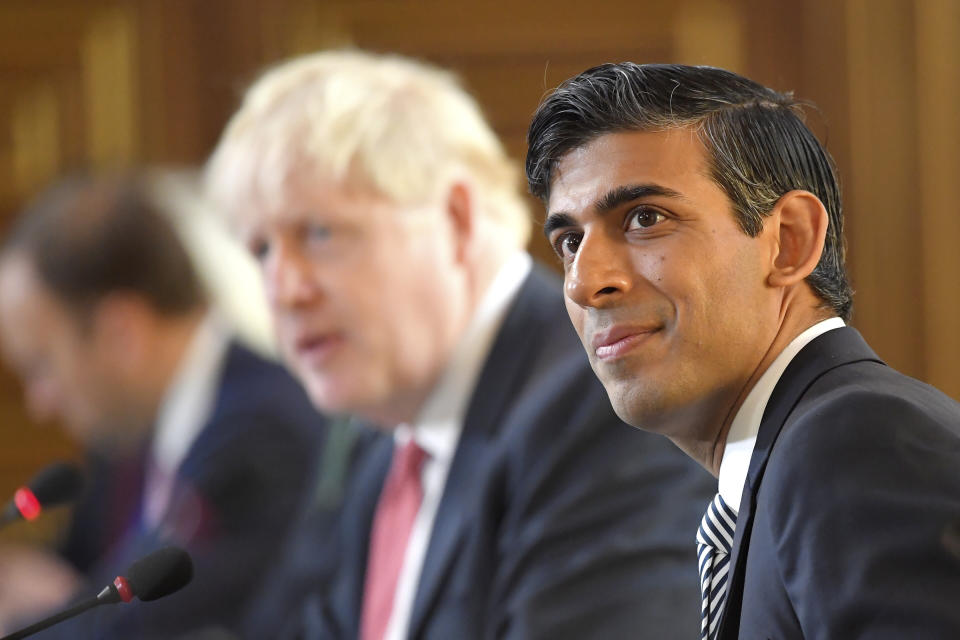'Substantial' UK tax rises likely due to COVID-19

Top economists have warned that the UK will likely face “substantial” tax increases in the coming years, as the government seeks to pay for the cost of its COVID-19 response and public services.
Leading economists told parliament’s Treasury Select Committee on Tuesday that tax rises were likely, although they said increases would likely not happen for a few years.
Paul Johnson, a director at the Institute for Fiscal Studies (IFS) think tank, said it was “probably true” taxes would have to rise.
READ MORE: UK public debt breaks through £2tn for the first time
“If you are looking to raise taxes, the likelihood is it’s going to have to be a fairly substantial increase,” Johnson said, suggesting the government could seek to raise around 2% of GDP.
Income tax, VAT, and national insurance are the most likely targets for increases, Johnson said.
“We have to raise taxes somehow,” Mike Brewer, chief economist and deputy chief executive at the Resolution Foundation think tank, told MPs. “It’s really a question of finding the ones that do the least damage to the economy, rather than ones that are pro-growth.”
READ MORE: Self-employed face tax hike after £9bn bailout
The four economists questioned by the Treasury Select Committee all called for the government to broaden the tax base, rather than simply increasing existing taxes.
Brewer said a wealth tax or land tax “might be something that is sustainable throughout the next few decades.”
But he added: “That alone is not going to solve the problem we face at the moment.”
The government has seen borrowing and debt explode in recent months as a result of the COVID-19 pandemic. The crisis has halted economic growth and led to far higher state spending due to economic support programmes.
READ MORE: Triple lock risks pensions rising five times faster than earnings
Last month, UK national debt rose above £2tn ($2.7tn) for the first time in history and surpassed 100% of GDP for the first time since the 1960s. Chancellor Rishi Sunak said at the time: “We must return our public finances to a sustainable footing over time, which will require taking difficult decisions.”
“The economy… will be smaller in four or five years time than we were expecting and therefore tax revenues will be less than expected,” the IFS’s Johnson told MPs on Tuesday.
At the same time, “pressure on public services will be greater” as a result of the UK’s ageing population, Johnson said.
Sunak ordered a review into capital gains tax in July, prompting speculation that the chancellor may seek to raise taxes as soon as this autumn when he delivers the budget. Sources told the Sunday Times this weekend that the chancellor could launch a £20bn raid on capital gains and corporation tax in November.
READ MORE: Sunak mulls sweeping tax hikes to pay for recovery
However, both Johnson and Brewer said tax increases should not happen for at least another 18 months.
“We’re not very clear about where the economy is going to go but we are pretty clear it’s going to be weak for some period,” Johnson said. “I certainly don’t think we should be looking at tax rises this year and quite honestly I think I’d be surprised if we see significant tax rises next year.
“If we do need higher taxes, then we’re probably looking at bringing them in two to three years hence.”
Brewer said: “If anything, the government should be spending more now to support the recovery.
“We should not expect to see tax rises happening in the next year.”

 money
money 